The Ohio Attorney General’s Advisory Group on UAS has issued its final report on the use of unmanned aircraft systems (UAS) by law enforcement.
Attorney General Mike DeWine created the group in October 2016. It was made up of law enforcement, UAS stakeholders and other subject-matter experts and chaired by Cuyahoga Community College Police Chief Clayton Harris.
According to the report, the group was formed with a goal of developing a model policy template for drone use by law enforcement, but the members came up with 14 recommendations, addressing topics such as drone licensure, training, protocols and data/records management:
- Agencies should develop their own written policy by using the report’s model policy as a guide.
- Anyone operating a UAS should have a remote pilot certificate under the Federal Aviation Administration’s (FAA) Part 107.
- Agencies should “review their needs and the applicability” of an FAA Certificate of Waiver or Authorization before they apply for one.
- Drones should be inspected and tested before they are flown.
- Agencies should determine a set of approved drone uses.
- Agencies should get a search warrant before using their UAS in a location with “a reasonable expectation of privacy.”
- Operators should take measures to ensure the drone is not capturing imagery of people who are not involved.
- Drones should not be used for “unauthorized surveillance.”
- Agencies should collaborate with legal counsel to develop guidelines for drone usage.
- Agencies should have “effective management policies” for drone-collected data.
- When working with third parties for drone operations, agencies should “retain ownership and control” over data.
- Operators and support crew should go through drone skills training for no less than one month.
- Operators and support crew should attend annual drone training covering “updated industry standards, field exercises, review of regulations and maintenance requirements.”
- Agencies should work with their “respective political subdivisions” on what will be needed to implement the drone program.
As for the model policy, the advisory group recommends law enforcement agencies consider as follows:
- Provide a “clearly stated policy” on when/where/how the drones will be operated.
- Include procedures that will be followed to ensure “safe, legally compliant and effective” operations.
- Include “digital multimedia evidence storage- and retention-procedures, including references to relevant statues and rules.”
- Provide “audit protocols for both flight and digital multimedia evidence audits.”
- Offer details on training requirements for operators.
As a result of the recommendations, DeWine has also announced that the Ohio Peace Officer Training Academy within the Ohio Attorney General’s Office is crafting three new advanced courses on investigating UAS complaints, appropriate law enforcement uses for UAS and implementation of UAS programs.
“With advancements in technology and a decrease in the cost of unmanned aircraft systems, unmanned aircraft have become more common in communities and as tools of law enforcement,” says DeWine. “The recommendations in this report will help law enforcement develop best practices and protocols that will ensure appropriate privacy, accountability and oversight when unmanned aircraft are used.”
The full report can be found here.



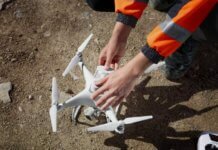
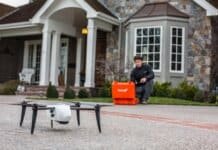
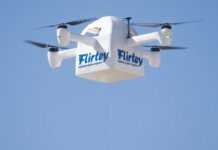
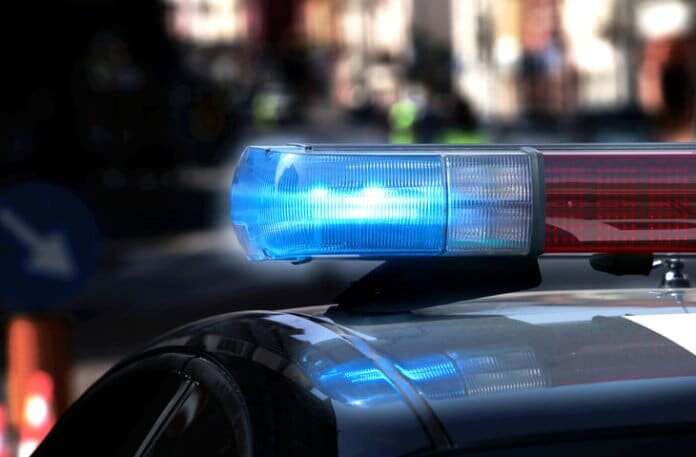
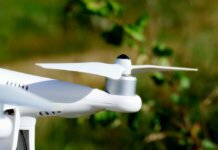
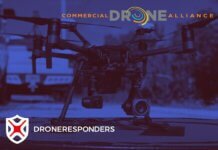

Leave a Comment
Your email address will not be published. Required fields are marked *